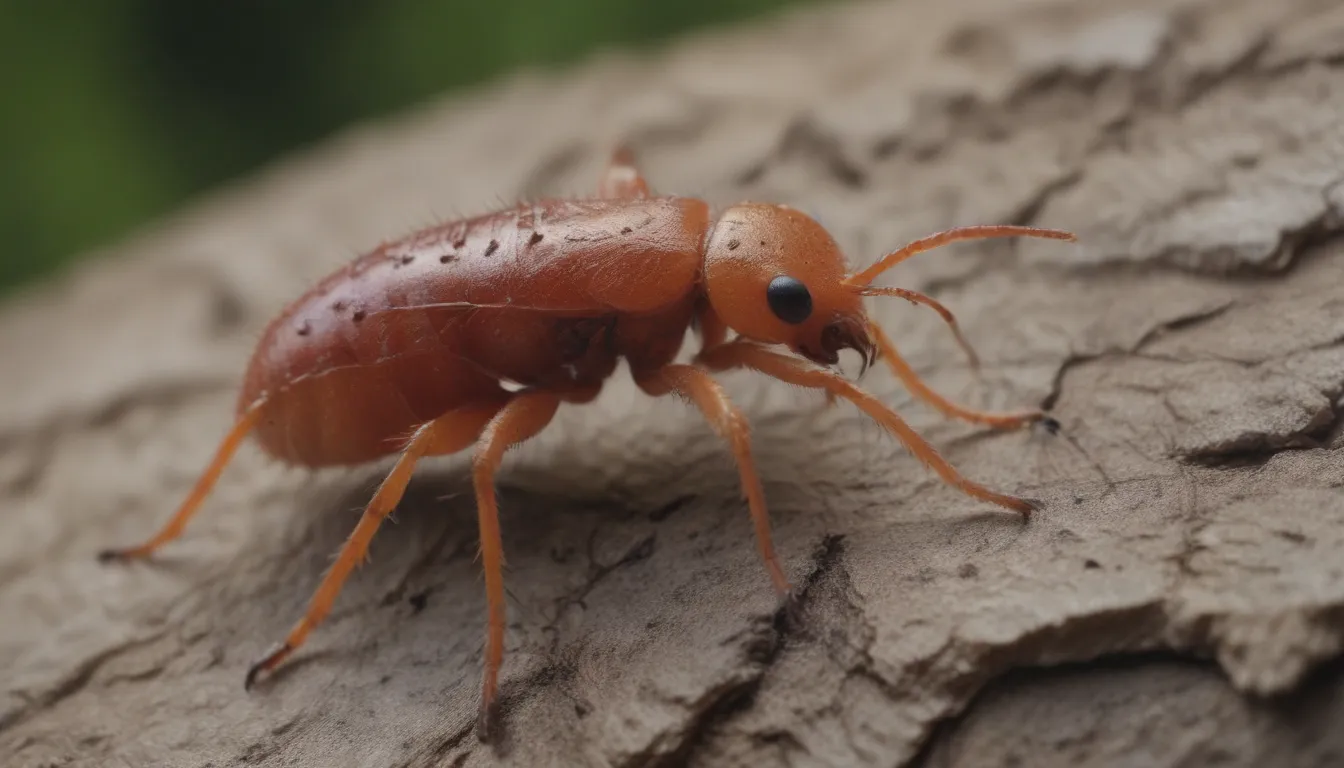Comprehensive Guide on Dealing with Chiggers: From Preventing Bites to Removing Them

If you have ever experienced itchy red spots on your skin after spending time outdoors, you may have encountered chiggers. These tiny pests, also known as harvest mites or red bugs, can cause irritating bites that can last for days. In this comprehensive guide, we will explore everything you need to know about chiggers – from what they are to how to prevent infestations on your property and how to deal with chigger bites.
Understanding Chiggers: What Are They?
Chiggers are the larvae of certain mites from the Trombiculidae family. These microscopic arachnids are most commonly found in grassy and wooded areas, especially in regions with high humidity. In North America, the most common species of chiggers belong to the Trombicula genus, with the Trombicula alfreddugesi species being prevalent in many areas. While chiggers are not known to spread diseases in North America, their bites can cause intense itching and discomfort.
Identifying Chigger Bites and Infestations
Chigger bites typically appear as red, itchy spots on the skin. Unlike common misconceptions, chiggers do not burrow under the skin. Instead, the itching sensation is a result of an allergic reaction to the saliva of the chiggers when they bite. These bites are most common around the ankles and waistline, as chiggers prefer soft skin areas.
Signs of a chigger infestation include unexplained itchy bites on humans and pets, especially after spending time in areas with tall grass and brush. If you suspect a chigger infestation, it is essential to take preventive measures to avoid further bites.
How to Get Rid of Chiggers on You
If you suspect that you have been exposed to chiggers, the following steps can help remove them from your body and prevent further infestation:
- Shower Immediately: After outdoor activities, shower with soap to remove any chiggers that may be on your skin.
- Wash Clothing: Launder all clothing in hot water to kill any chiggers that may be hiding in the fabric.
- Apply Insect Repellent: Using products containing DEET can help repel chiggers and prevent bites.
- Avoid Scratching: If you have been bitten, avoid scratching the affected areas to prevent skin infections.
How to Prevent Chigger Infestations on Your Property
While it is challenging to completely eliminate chiggers from your landscape, there are steps you can take to reduce their population and prevent infestations:
- Maintain Good Sun Exposure: Ensure that all areas of your landscape receive adequate sunlight, as chiggers prefer moist and shaded environments.
- Trim Vegetation: Regularly mow your lawn and prune trees and shrubs to reduce hiding spots for chiggers.
- Control Rodent Populations: Remove debris and brush piles to discourage rodents, which are common hosts for chiggers.
- Use Insect Repellents: Treat your clothing with DEET-containing products to repel chiggers while outdoors.
Dealing with Chigger Bites: Remedies and Recommendations
If you or your pets have been bitten by chiggers, there are several ways to alleviate the itching and discomfort:
- Take a Shower: A shower can help relieve skin reactions to chigger bites.
- Use Insect Repellents: Products containing DEET are effective in keeping chiggers away.
- Avoid Scratching: Resist the urge to scratch the affected areas to prevent skin infections.
- Apply Anti-Itch Remedies: Over-the-counter anti-itch creams and ointments can provide relief from chigger bites.
3 Ways to Control Chiggers in Your Environment
To effectively control chiggers in your yard and prevent infestations, consider the following strategies:
- Control the Environment: Remove excess vegetation and create a less hospitable environment for chiggers.
- Change Your Habits: Wear protective clothing and use insect repellents when working in areas with tall grass and brush.
- Use Insecticides: As a last resort, consider using insecticides to target chigger hot spots in your yard.
Chiggers vs. Jiggers: Understanding the Difference
It is essential to differentiate between chiggers and jiggers, as they are often confused due to similar common names. Chiggers are common in North America and are not known to spread diseases, while jiggers, or Tunga penetrans, are a type of sand flea found in different regions of the world.
By following these tips and strategies, you can effectively prevent and manage chigger infestations on your property and protect yourself and your family from itchy bites. Remember to stay vigilant when spending time outdoors in areas where chiggers are likely to thrive, and take proactive measures to avoid encounters with these pesky pests.





